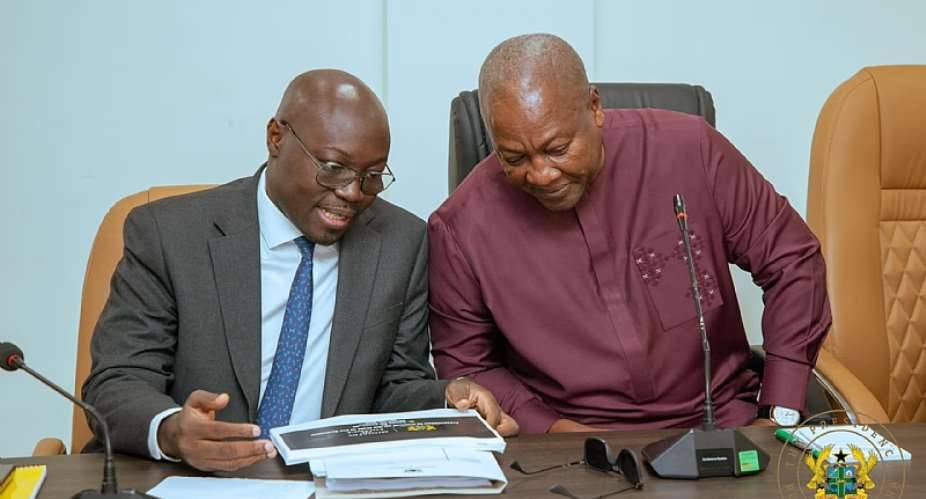Ghana’s 24-Hour Economy Dream
I was grabbing a late-night kelewele from a roadside vendor in Accra last week, the city buzzing even at midnight—cars honking, music spilling from bars, streetlights flickering like they’re not sure they want to stay on. It got me thinking: what if Ghana leaned into this energy, this pulse, and turned it into something bigger? A 24-hour economy, where night feels as alive as day? The idea’s been floating around, championed by former President John Mahama, and when I read about the eight “strategic anchors†of this plan, I felt a flicker of hope, maybe even wonder. Ever imagine a world where your city never sleeps, but in a good way?
There’s something exciting about the thought of Ghana running round-the-clock. The plan, laid out in a 2020 proposal, isn’t just talk—it’s got structure: infrastructure, energy, security, labor, technology, tourism, agribusiness, and finance. Big words, right? But picture this: factories humming through the night, markets open past midnight, tech hubs buzzing with coders fueled by Red Bull. My friend Kwesi, who runs a small bakery, already stays open late for night-shift workers grabbing bread on their way home. “If the city’s awake, I’m awake,†he says with a grin. That’s the vibe Mahama’s pitching—a Ghana that doesn’t shut down when the sun does.
I keep thinking about my cousin in Takoradi, who works at a port that never really sleeps. She says the night shift’s tough—dim streetlights, spotty power, not enough security. That’s where these anchors come in. Reliable electricity, better roads, safer streets—they’re not just buzzwords; they’re what make a 24-hour economy tick. I remember visiting Lagos once, where nightlife isn’t just clubs but 24-hour tailors, food stalls, even barbers cutting hair at 2 a.m. Ghana could do that, couldn’t it? The plan’s got tourism in mind too—think jazz clubs in Osu, cultural festivals under the stars, drawing crowds from abroad.
But, you know, it’s not all rosy. My neighbor, a taxi driver, snorted when I mentioned this idea. “Sounds nice, but who’s paying for it?†he asked. Fair point. Ghana’s economy’s been wobbly—high debt, inflation, power cuts. The cedi’s been on a rollercoaster, and I’ve seen my grocery bill creep up every month. Rolling out 24-hour infrastructure means big money, and the plan’s light on how to fund it. Plus, there’s the human side—night shifts can wreck your health, your family life. My aunt, a nurse, says her graveyard shifts leave her drained, and she worries about safety getting home at dawn. Will workers get a fair deal in this new economy?
Still, I can’t help but dream a little. The tech anchor excites me—imagine Ghana as a hub for African startups, with coders and creatives working across time zones. Or agribusiness, keeping farms and markets going 24/7 to feed the continent. My friend Ama, who sells shea butter online, already gets orders from the U.S. at midnight. “If we had better internet and cheaper power,†she says, “I could do so much more.†That’s the promise, right? A Ghana where opportunity doesn’t sleep.
I’m sitting here, mulling it over, wondering if this is the future or just a shiny campaign promise. The anchors sound solid, but dreams don’t build themselves. It’ll take grit, money, and a whole lot of trust in leaders to pull it off. I want to believe in a Ghana that’s awake all hours, thriving, alive. But can we make it real? What do you think—could a 24-hour economy change the game for us, or are we chasing a mirage in the dark?



